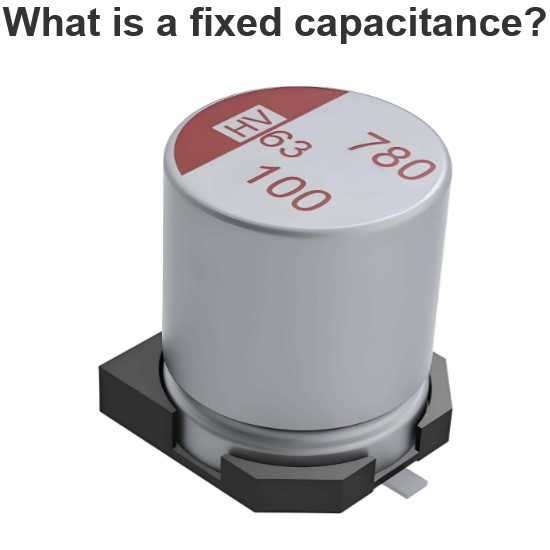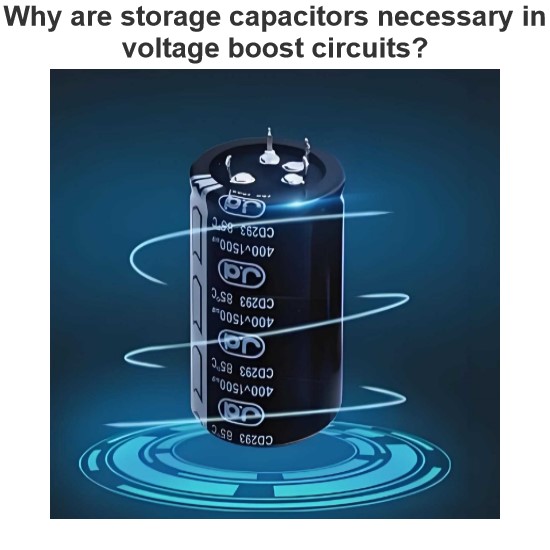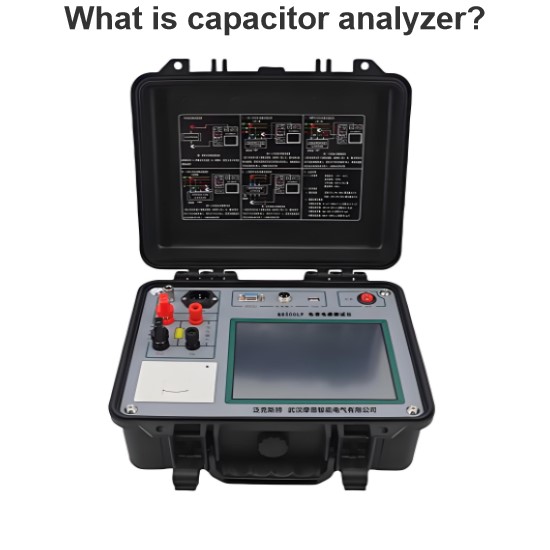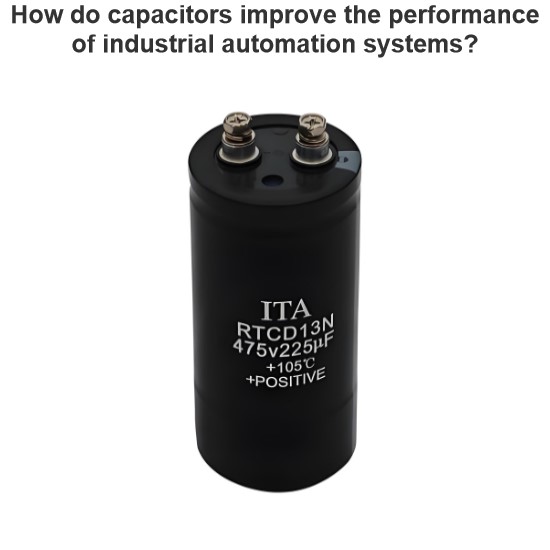What is a The Transient Behavior of Capacitor ?
What is a The Transient Behavior of Capacitor ?
Capacitor transient response definition
The transient response of a capacitor is the period during which it charges or discharges, changing its voltage and current over time.
Charging behavior
When a voltage is applied, the capacitor is charged and the current starts at a high level and drops to zero as the voltage at its ends increases.
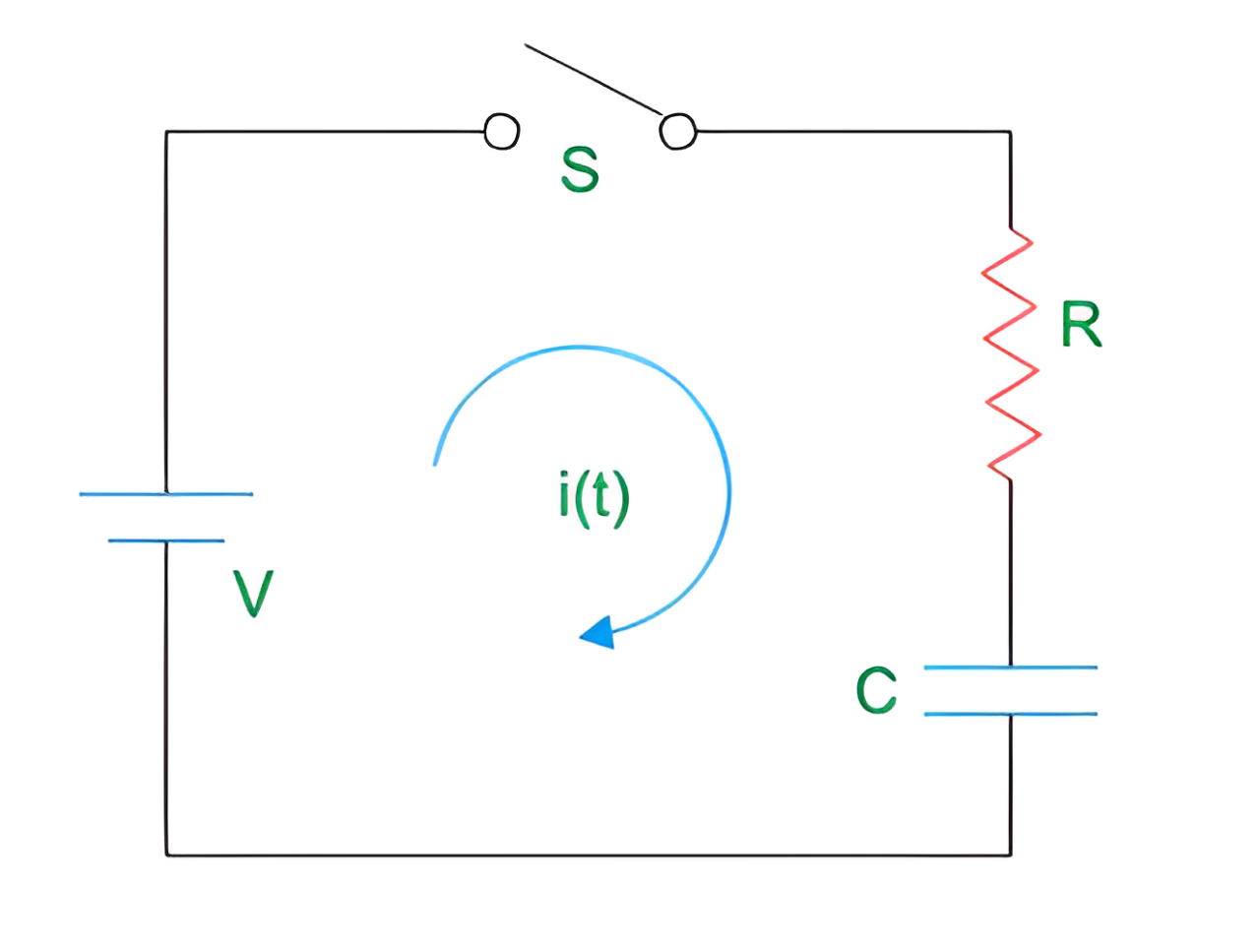
Charging behavior
When a voltage is applied, the capacitor is charged and the current starts at a high level and drops to zero as the voltage at its ends increases.
Discharge behavior
When disconnected from the power supply and short-circuited, the capacitor discharges and the voltage and current drop exponentially to zero.
Kirchhoff's law in capacitor circuits
Kirchhoff's voltage law helps determine the relationship between voltage and current during a capacitor's transient response.
Conclusion
The transient or charging process of a capacitor is basically over after 5 time constants.
The Electricity Encyclopedia is dedicated to accelerating the dissemination and application of electricity knowledge and adding impetus to the development and innovation of the electricity industry.
